By Prof. William Bazeyo
When it comes to fostering community development and the socio-economic transformation of societies, research plays a crucial role in policy formulation by providing evidence-based insights that inform decision-making processes.
Here is how research enhances this process;
First, by identifying problems, good research helps identify key issues and challenges within communities, enabling policymakers to prioritize areas for intervention.
Second, through understanding societal needs, research helps policymakers gain a deeper understanding of the needs and preferences of community members, ensuring that policies are tailored to address these specific requirements.
Third, in assessing the impact of different interventions, research allows policymakers to evaluate the effectiveness of existing policies and interventions, enabling them to make informed adjustments or develop new strategies as needed.
Fourth, through enhancement of evidence-based decision making, research provides reliable data and evidence, thereby helping policymakers make informed decisions based on facts rather than assumptions or opinions.
Fifth, through the promotion of innovation, research is a crucial tool that helps uncover innovative solutions to complex problems, leading to the development of new policies and initiatives that better meet the needs of communities.
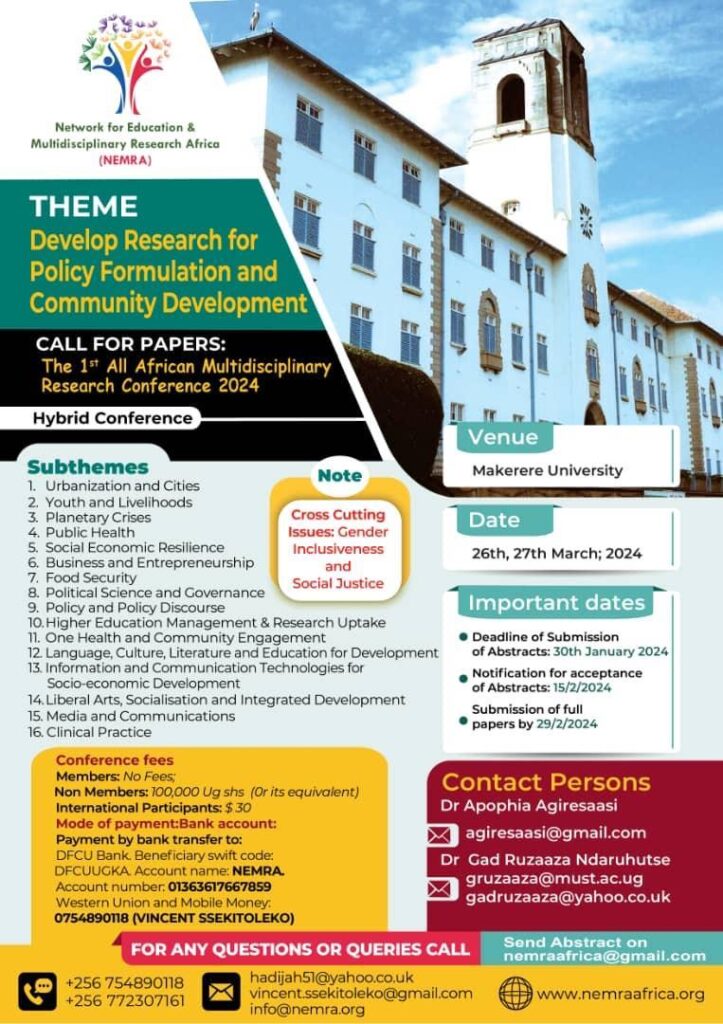
Sixth, through research, various stakeholders engage with each other to provide societal solutions to problems. This way, research, facilitates meaningful engagement with stakeholders, including community members, experts, and advocacy groups, ensuring that their perspectives and experiences are incorporated into the policymaking process.
Seventh, through building capacity, research helps to enhance the capacity of local organizations and institutions to design, implement, and evaluate development projects and policies effectively. In doing so, research serves as a critical tool for policymakers and community developers to create more effective, equitable, and sustainable policies and initiatives that promote the well-being and prosperity of communities.
How Research Has Transformed Sectors
From the usefulness of research as elaborated above, research has been used to transform different sectors such as healthcare interventions, Agricultural Innovation, Education Initiatives, Microfinance and Poverty Alleviation, and Water and Sanitation Programs, especially where research on water and sanitation issues has guided the development of policies and initiatives aimed at improving access to clean water and sanitation facilities in developing countries.
These examples demonstrate how research can play a crucial role in informing policy and decision-making processes in developing countries, leading to positive outcomes in areas such as health, agriculture, education, poverty alleviation, and infrastructure development in the communities.
While we have seen these good examples, we need to ask ourselves a few questions. The first question is; Do policymakers really depend on research results or findings?
Yes, policymakers often depend on research results and findings to inform their decision-making processes, but the extent to which they rely on research can vary depending on various factors such as political context, availability of resources, and the specific issue at hand.
The second question then, is, what type of evidence do policymakers depend on? From my own experience, I argue that policymakers strive to make decisions based on solid evidence and research findings rather than anecdotal evidence or personal opinions. Research provides a foundation of knowledge that can help policymakers understand the root causes of problems, identify potential solutions, and predict the likely impacts of different policy options.
This brings me to the third question. How then can we link researchers to policy makers? The best way to approach this as a researcher is to establish collaborative platforms. For example, create forums that facilitate networking and knowledge exchange between the two groups. Examples can include workshops, and conferences where researchers and policymakers can come together to discuss pressing issues in society. From here, explore opportunities for collaboration and most importantly, bring on board whoever matters including the Media.
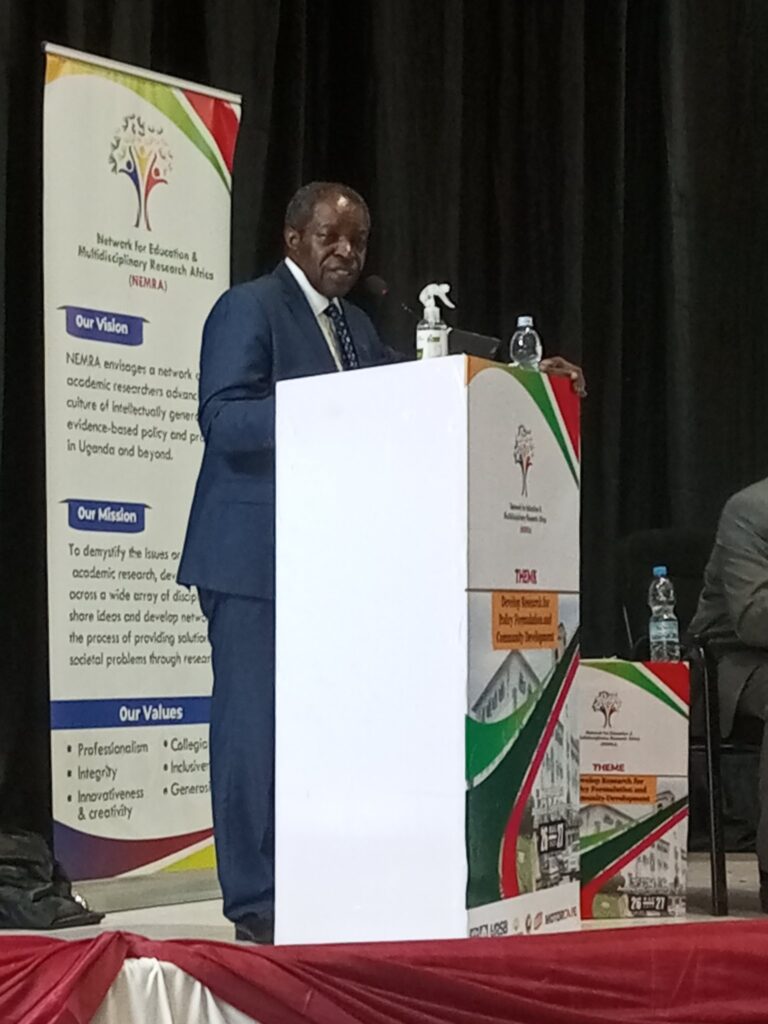
The other example is for researchers to learn how to translate research for policy audiences. Here, the researcher should ensure that they package their findings in a clear, concise, and accessible manner that resonates with policymakers. It is important to use plain language, real-world examples, and visual aids to convey complex research findings effectively and widely.
Another vital example is tailoring your research to policy needs by publishing policy briefs that identify their priorities, challenges, and information needs. Distribute research outputs through relevant government agencies, policy think tanks, professional associations, and media outlets to reach a diverse audience.
Timely dissemination is key – do not wait and findings become stale or do not rush and get misunderstood (DO CALCULATIVE JUDGEMENT ON TIMING). Ensure that research findings are timely and relevant to policymakers’ decision-making timelines. Anticipate emerging policy issues and proactively provide evidence-based insights to inform policy discussions and debates.
While developing Policy Recommendations, researchers should work closely with policymakers to develop policy recommendations based on research findings which will ensure that their recommendations are feasible, politically viable, and responsive to policymakers’ needs and constraints.
The Role of Community in Research Uptake
Community participation is essential in research endeavors to ensure their relevance and benefit to community development. By engaging with community members from the outset, researchers can identify research priorities and topics that address their needs, concerns, and aspirations. This involvement fosters a collaborative research approach, where community members play an active role in shaping the research agenda.
It is crucial to consider the cultural implications when designing and implementing research projects. Collaborative research with community participation ensures that data collection activities accurately reflect local realities and experiences. Additionally, when interpreting and analyzing findings, it is important to address the community context to ensure that research outcomes are meaningful and applicable to the community’s needs.
When developing interventions and solutions, the community should be at the center of the process. Communities often possess valuable insights and solutions to their problems, which researchers can articulate and describe logically. This collaborative approach recognizes that communities are experts in their challenges and can contribute significantly to finding effective solutions.
Effective communication of research findings to policymakers is essential for driving positive change. Various methods can be employed to present research findings in a clear, concise, and accessible manner that resonates with policymakers’ needs and priorities. These include policy briefs, executive summaries, infographics, policy workshops, and one-on-one meetings, among others. By engaging policymakers directly and facilitating dialogue, researchers can ensure that research findings inform decision-making processes effectively.
In addition to engaging policymakers, effective communication with communities is vital for translating research results into meaningful community development outcomes. Community engagement workshops, plain language summaries, interactive activities, community reports, and local media outreach are some of the advisable methods for communicating research findings to communities. These approaches ensure that research outcomes are understood, interpreted, and utilized within the context of community needs and priorities.
Overall, fostering synergies between policymakers and communities strengthens the linkages between research, policy, and community development. This collaborative approach ensures that research has a tangible and sustainable impact on society, contributing to positive change at both the policy and grassroots levels.
EDITOR’S NOTE: Prof. William Bazeyo is a distinguished Ugandan physician, public health specialist, academic, researcher, and academic administrator. With over two decades of experience in general practice, public health, and research, Bazeyo has been a pivotal figure in various initiatives aimed at advancing healthcare leadership and capacity building. Notably, he played a significant role in establishing the Higher Education Alliance for Leadership Training for Health in 2005, a collaborative effort involving seven schools of public health across six countries. Bazeyo serves as the director of the Centre for Tobacco Control in Africa and holds the position of Chief-of-Party at the ResilientAfrica Network. This network, comprising 20 universities across 16 African countries, is dedicated to bolstering community resilience through education and implementing innovative technologies and approaches.








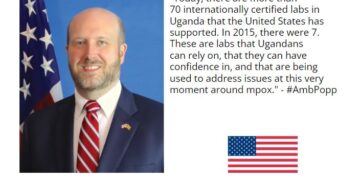




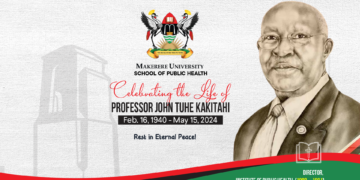


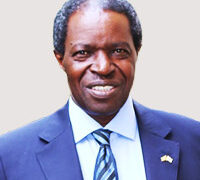



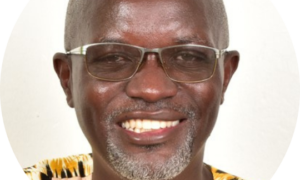










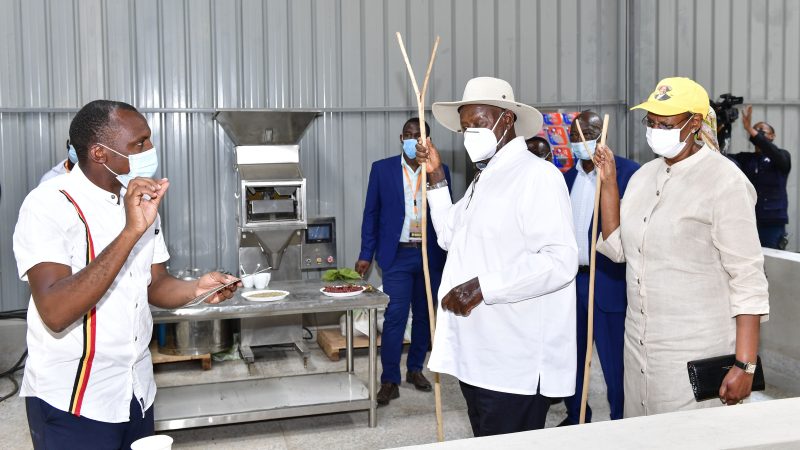


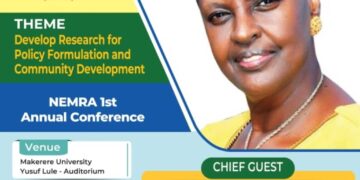
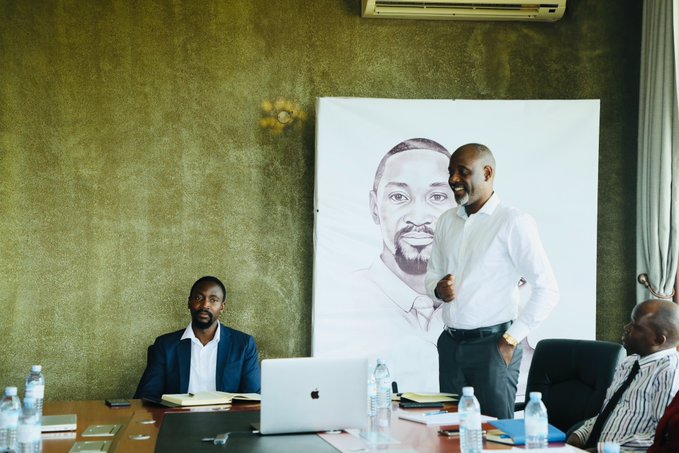


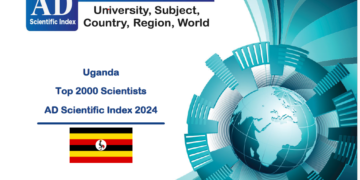



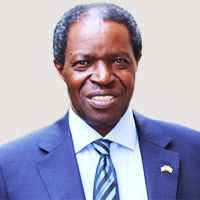
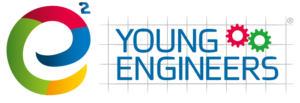







To Dr, Suzan Atuhaire. How will safe abortion decrease depression and guilt of women who abort?. instead of ending lives of the innocent children. I think more research should done to develop interventions that can help mothers survive until they give birth. And how they can survive even after giving birth instead of promoting Murder( safe abortion).
6th commandment from GOD.. Thou shall not kill. .. let’s make abortion unthinkable.